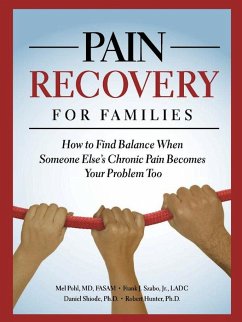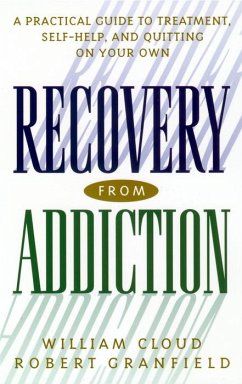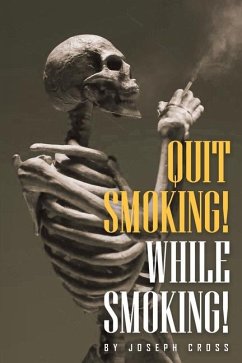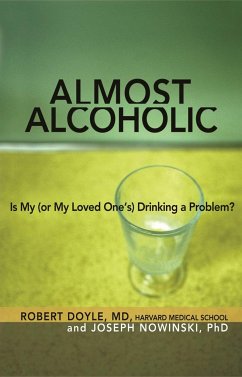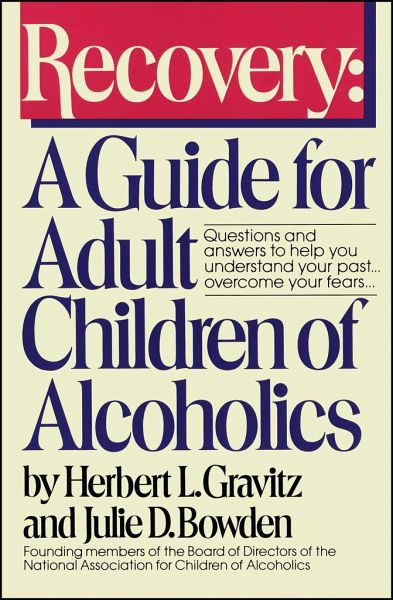
Versandkostenfrei!
Versandfertig in über 4 Wochen
Weitere Ausgaben:

PAYBACK Punkte
9 °P sammeln!




Recovery is designed to help adult children of alcoholics grow from ignorance to awareness to integration and self-acceptance. Rich with inspirational wisdom, it offers skilled answers to questions common to a problem that is only now being seriously explored.
Herbert L. Gravitz, Ph.D., is a Clinical Psychologist in Santa Barbara, California. He is a founding Board Member of the National Association for Children of Alcoholics (NACOA), and currently serves on the Advisory Board. He was Executive Editor of "The Network," a publication of NACOA and authored the Children of Alcoholics Handbook. Julie D. Bowden, M.S., is a Marriage, Family, and Child Psychotherapist in private practice in Santa Barbara, California. She developed the first Alcohol/Drug Awareness Program for the University of California system and has consulted on both inpatient and outpatient recovery programs. She is a founding Board Member of the National Association for Children of Alcoholics (NACOA), and its first treasurer. She currently serves on the Advisory Board. She is the adult child of an alcoholic. Together, they conduct recovery retreats, individual and group psychotherapy, and educational seminars for adult children of alcoholics as well as other adult children of trauma and the professionals who serve them. They began the University of California's first therapy group specifically for adult children of alcoholics. They have authored numerous articles and are coauthors of an upcoming book, Genesis: The Spiritual Dimension of Recovery for Children of Alcoholics and Other Children of Trauma.
Produktdetails
- Verlag: Touchstone Books
- Seitenzahl: 144
- Erscheinungstermin: 15. September 1987
- Englisch
- Abmessung: 214mm x 141mm x 10mm
- Gewicht: 136g
- ISBN-13: 9780671645281
- ISBN-10: 0671645285
- Artikelnr.: 21474684
Herstellerkennzeichnung
Libri GmbH
Europaallee 1
36244 Bad Hersfeld
gpsr@libri.de
Für dieses Produkt wurde noch keine Bewertung abgegeben. Wir würden uns sehr freuen, wenn du die erste Bewertung schreibst!
Eine Bewertung schreiben
Eine Bewertung schreiben
Andere Kunden interessierten sich für


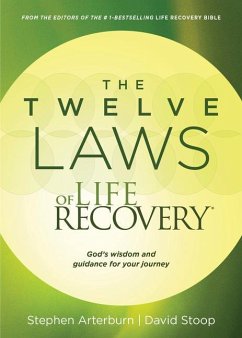
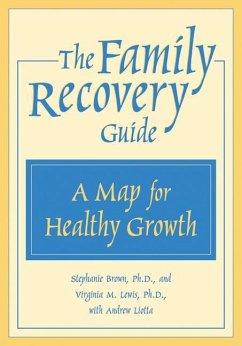
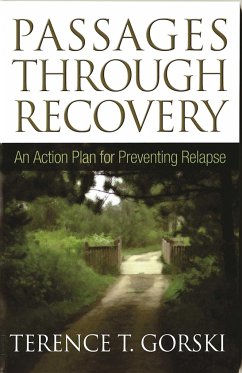
![Facing the Shadow [3rd Edition] Cover Facing the Shadow [3rd Edition]](https://bilder.buecher.de/produkte/39/39562/39562427n.jpg)
